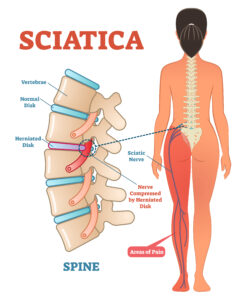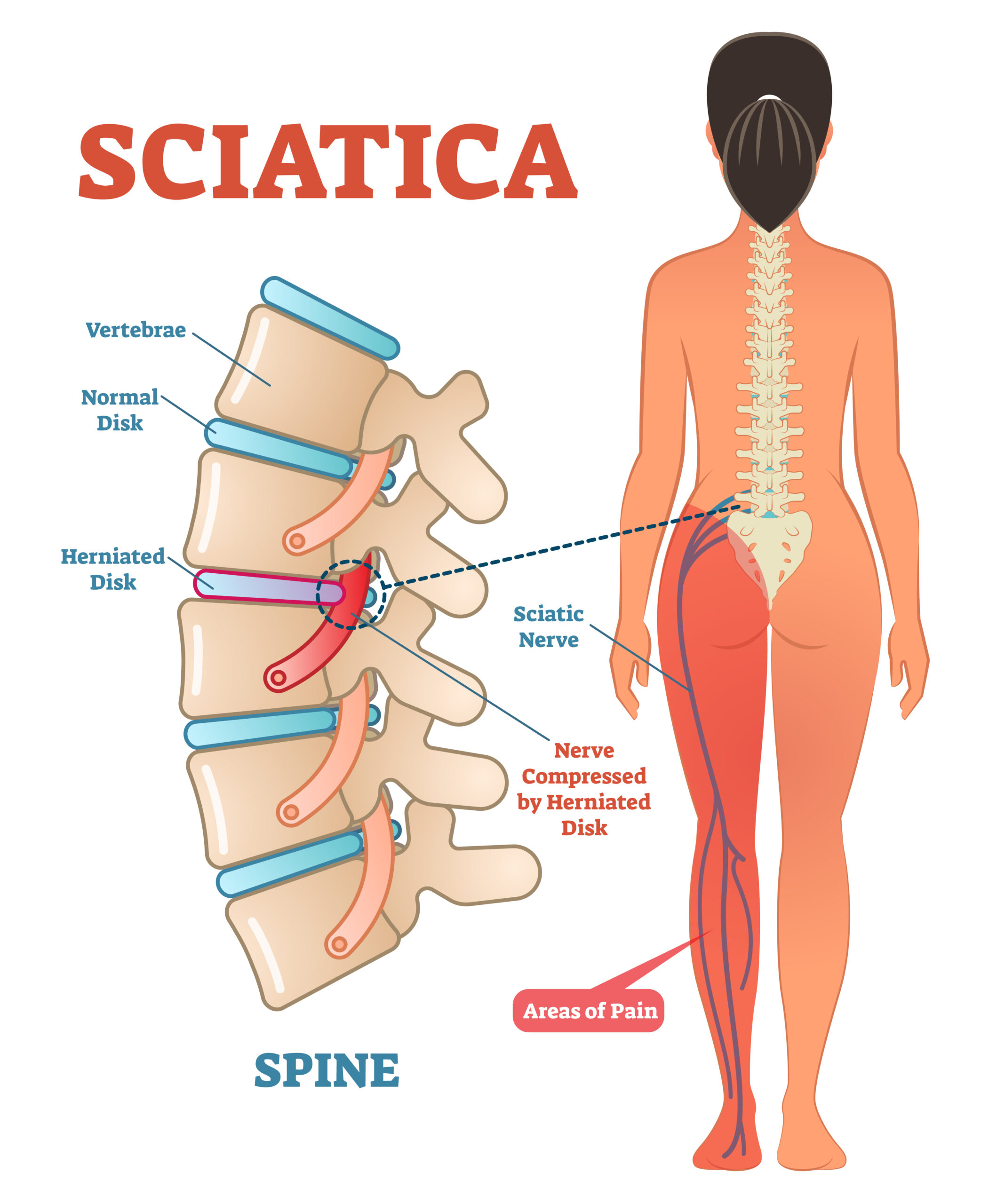Stress has become a part of our daily lives, which can impact our mental and physical health. One aspect of stress management that is often overlooked is the connection between stress and spinal health. Chiropractic care focuses on the musculoskeletal system, providing a holistic approach that addresses physical discomfort and supports effective stress management.
The Connection Between Stress and Spine:
Stress can take many forms, affecting both our mental and physical well-being. Muscular tension and tightness are common physical symptoms of stress, which can impact the spine. When the body experiences stress, muscles tend to contract, leading to misalignments in the spine, known as subluxations. These misalignments can cause pain, stiffness, and interfere with the nervous system’s proper functioning.
Chiropractors recognize the important relationship between the spine and the nervous system. The spinal cord, which transmits messages between the brain and the body, is housed within the spine. Subluxations can disrupt this communication, potentially exacerbating stress and its effects on the body.
Chiropractic Adjustments for Stress Relief:
Chiropractic care aims to restore the proper alignment of the spine through adjustments. By doing so, chiropractors help alleviate tension in the muscles and reduce the interference with the nervous system. This, in turn, can lead to a reduction in stress-related symptoms.
During a chiropractic adjustment, a chiropractor uses precise and controlled force to realign the spine. This not only addresses existing subluxations but also promotes overall spinal health. Many individuals report feeling a sense of relaxation and relief after chiropractic sessions, attributing it to the release of tension in both the muscles and the nervous system.
A Holistic Approach to Stress Management:
Chiropractic care takes a holistic approach that considers the interconnectedness of the body, mind, and spirit. Chiropractors often provide lifestyle and wellness advice to complement their adjustments, empowering patients to make positive changes in various aspects of their lives.
1. Nutritional Guidance: Proper nutrition plays a crucial role in overall well-being, including stress management. Chiropractors may offer nutritional guidance to ensure that patients are fueling their bodies with the right nutrients to support optimal function.
2. Exercise Recommendations: Physical activity is a natural stress reliever. Chiropractors may recommend specific exercises and stretches to enhance the benefits of chiropractic adjustments and promote overall flexibility and strength.
3. Posture Education: Poor posture is a common contributor to spinal misalignments. Chiropractors educate patients on maintaining good posture, not only during adjustments but also in their daily activities. This awareness can prevent the development of chronic issues related to stress and tension.
Empowering Patients in Stress Management:
One of the key aspects of chiropractic care is patient empowerment. Chiropractors work collaboratively with their patients, fostering a partnership in achieving optimal health. Through education and open communication, individuals can better understand the impact of stress on their bodies and actively participate in their stress management journey.
It’s important to note that while chiropractic care can be a valuable component of stress management, it is not a standalone solution. Integrating chiropractic care with other stress-reducing practices, such as mindfulness, meditation, and adequate sleep, can enhance its effectiveness.
Conclusion:
Chiropractic care provides a holistic and proactive approach to stress management. By addressing both the physical manifestations of stress and the underlying spinal issues, chiropractors provide patients with tools to manage stress more effectively. The partnership between chiropractors and their patients fosters a comprehensive strategy for well-being, empowering individuals to lead healthier, more balanced lives in the face of life’s inevitable stressors.








